Lest We Forget
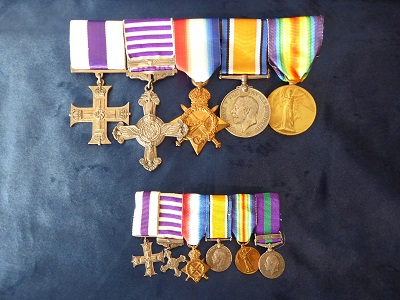
With Remembrance Day just passed, I feel that it is time to pay tribute to Tom’s father. When I was sorting through Tom’s stuff after he died, I came across a tatty plastic carrier bag. Thinking it couldn’t contain anything important, I was about to toss it away when I realised that it was fairly heavy. Taking a proper look inside, I discovered that it contained the WWI medals awarded to Tom’s father, Dudley.
Unfortunately, I never met him because he had passed away by the time that Tom and I married. Tom didn’t talk much about his Dad, but he told me that he had served in the RAF and had fought in the First World War. I knew that he had survived several crashes and that he remained in the RAF until after WWII when he took on a new career as farmer. But I didn’t really know much more about him.
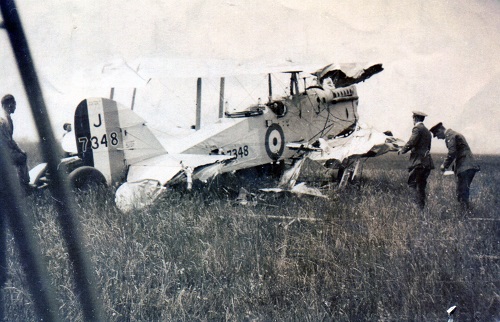
Finding the medals spurred me on to discover more about him and the more I learnt, the more I felt that it was important that he be remembered, if only by his grand-children.
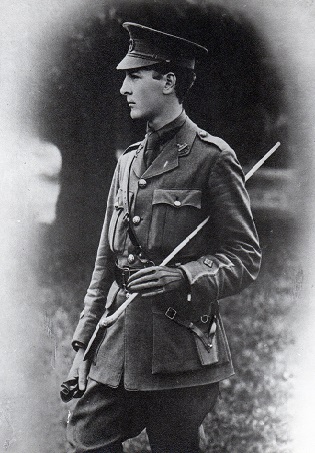
Dudley was born on 6 November 1895 in Newport, Wales. He would have been 18 years old when the war broke out and almost immediately started his military career. He was commissioned as a temporary second lieutenant in the South Wales Borderers on 8 October 1914. He was sent to France where he fought in the Battle of the Somme. For conspicuous gallantry in action, he was awarded the Military Cross. The citation states that he wired the portion of the enemy’s immediate line which was captured that night. Later, he led a bombing attack with great courage and initiative.
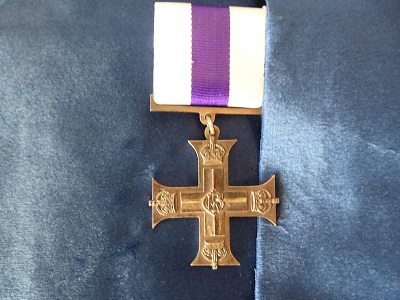
Dudley then transferred to the Royal Flying Corps and in early 1918 was posted to No. 64 Squadron as a Royal Aircraft Factory SE 5a pilot. He began a run of solo aerial victories at the end of May, destroying a German Albatross D.V. fighter. He scored another three times in quick succession and on 3 September became a Flying Ace by driving down a Fokker D VII out of control. His exploits continued and his career earned him a Distinguished Flying Cross. The citation refers to him as a brilliant fighting pilot who carried out numerous offensive and low-bombing patrols with marked success. He accounted for six enemy aeroplanes, and in these combats in the air he was conspicuous for dash, determination and courage.
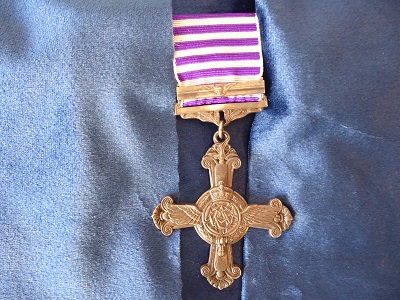
After the war, Dudley continued in the RAF, gradually moving up the ranks. He was sent to Iraq where he took part in the Mesopotamian Campaign, earning a Bar to the Distinguished Flying Cross. The citation says that he gained this award for gallantry, skill and devotion to duty on 1 November 1920, while accompanying another machine on reconnaissance. Owing to engine trouble the second machine, with pilot and observer, had to make a forced landing in hostile country. A party of Arabs at once started firing at the observer, who was dismantling a Lewis gun. On seeing this, Dudley landed at great peril to himself, took both officers his already loaded machine, and getting off with much difficulty, returned to Headquarters.
Readers with sharp eyes will have noticed that there is one more miniature medal than the standard ones. This is the medal that was awarded to Dudley for having fought in Iraq. The remaining three medals are ones that many WWI veterans would have earned for fighting in the Great War. They were affectionately called “Pip, Squeak and Wilfred” after comic characters that appeared in the Daily Mirror in 1919.

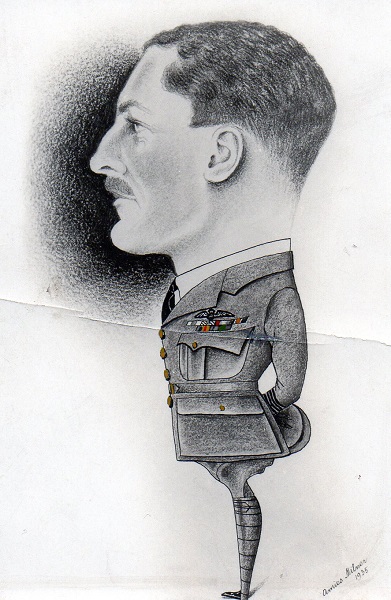
In 1930, he was posted to the staff of RAF Middle East and in January 1936 he was posted to No. 8 Flying Training School at Montrose in Scotland. It was here that he met Peggy who lived with her family in the same county of Angus. In 1938 Dudley was posted to No 5 Flying Training School at RAF Sealand in Wales for administrative duties. With the outbreak of WWII, he moved to RAF Wilmslow in Cheshire. He and Peggy got married on 12 October 1939 and she joined him on the airbase.
After Tom was born, Peggy decided to move back to her family home in Scotland where it was safer for her and the baby. Dudley retired at the end of the war having reached the rank of Wing Commander. He could now live with the family in Scotland and he took over the running of the family farms.
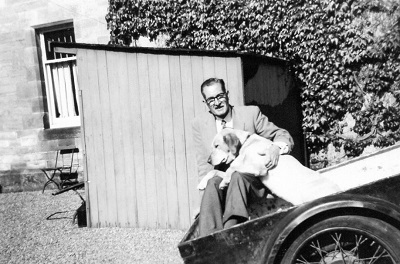
During this time of remembrance, we remember many brave men and women. I would like to remember my late father-in-law, Dudley; lest we forget.

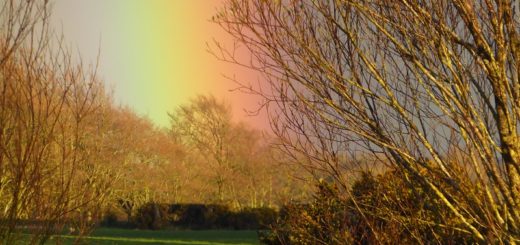
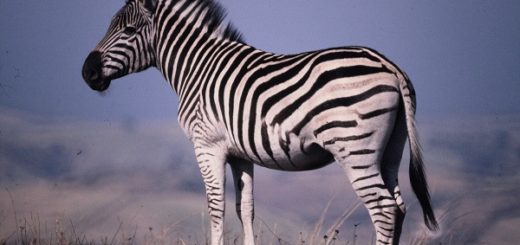

Thank you, Marlene. A poignant and important time and wonderful memories for your family.
Thank you, Alasdair. Heather led a great time of remembrance this morning.
Thank you for sharing this with us, Marlene. I think it is wonderful that you have spent time putting the information together – it makes interesting reading.
Makes me wonder how many unsung heroes there were – I know I have a box of medals from my late husband’s family that lie forgotten.
Thank you, Joan. I enjoyed finding doing the research.